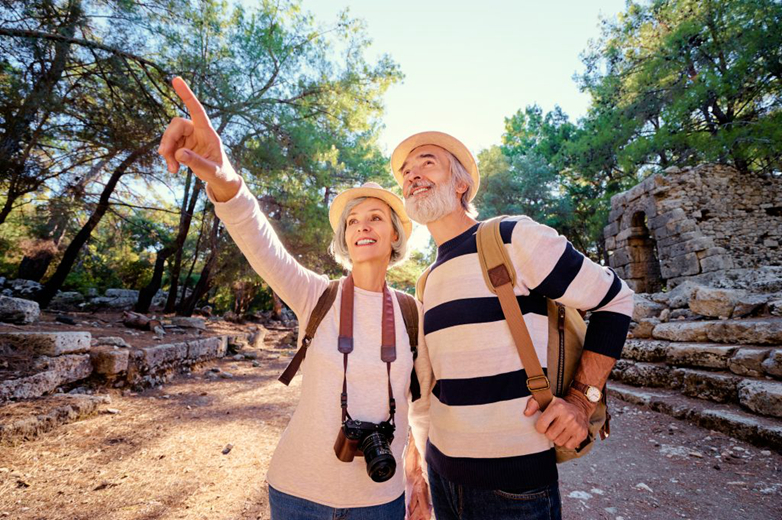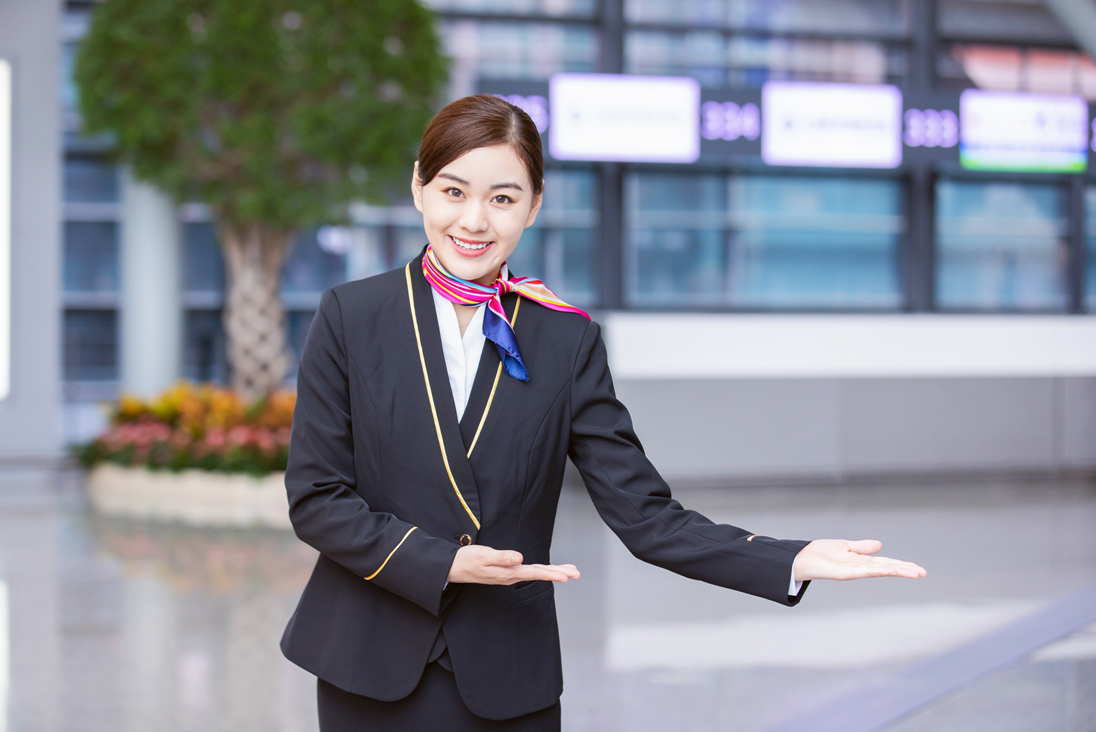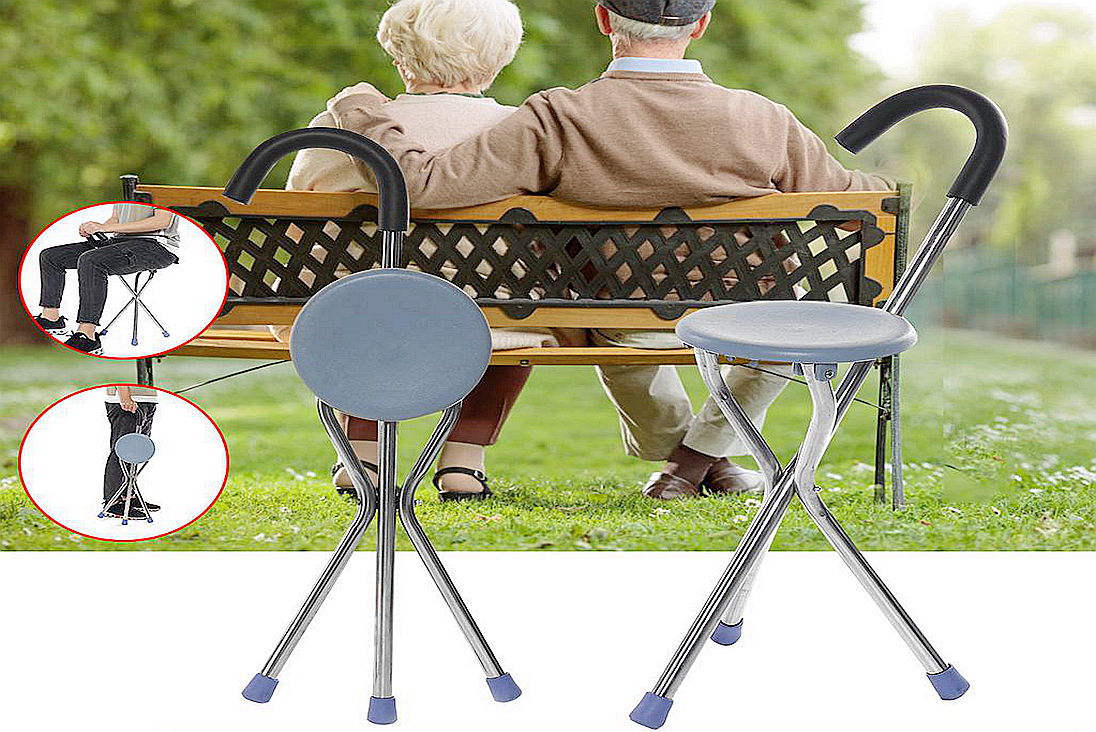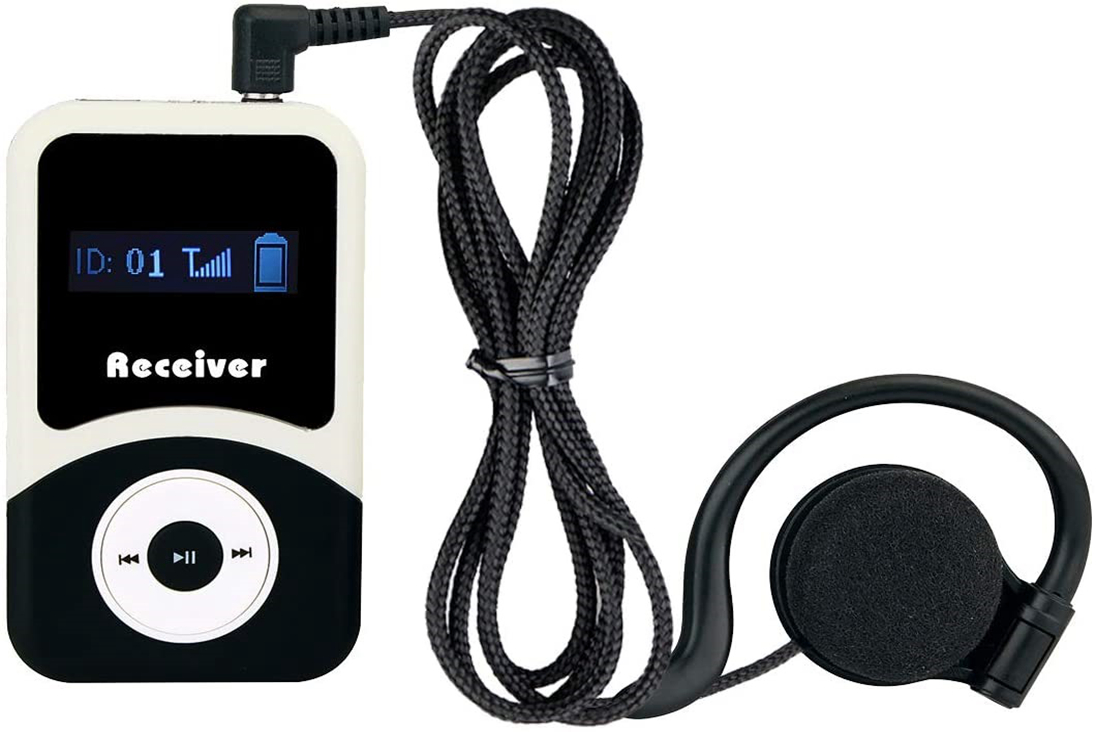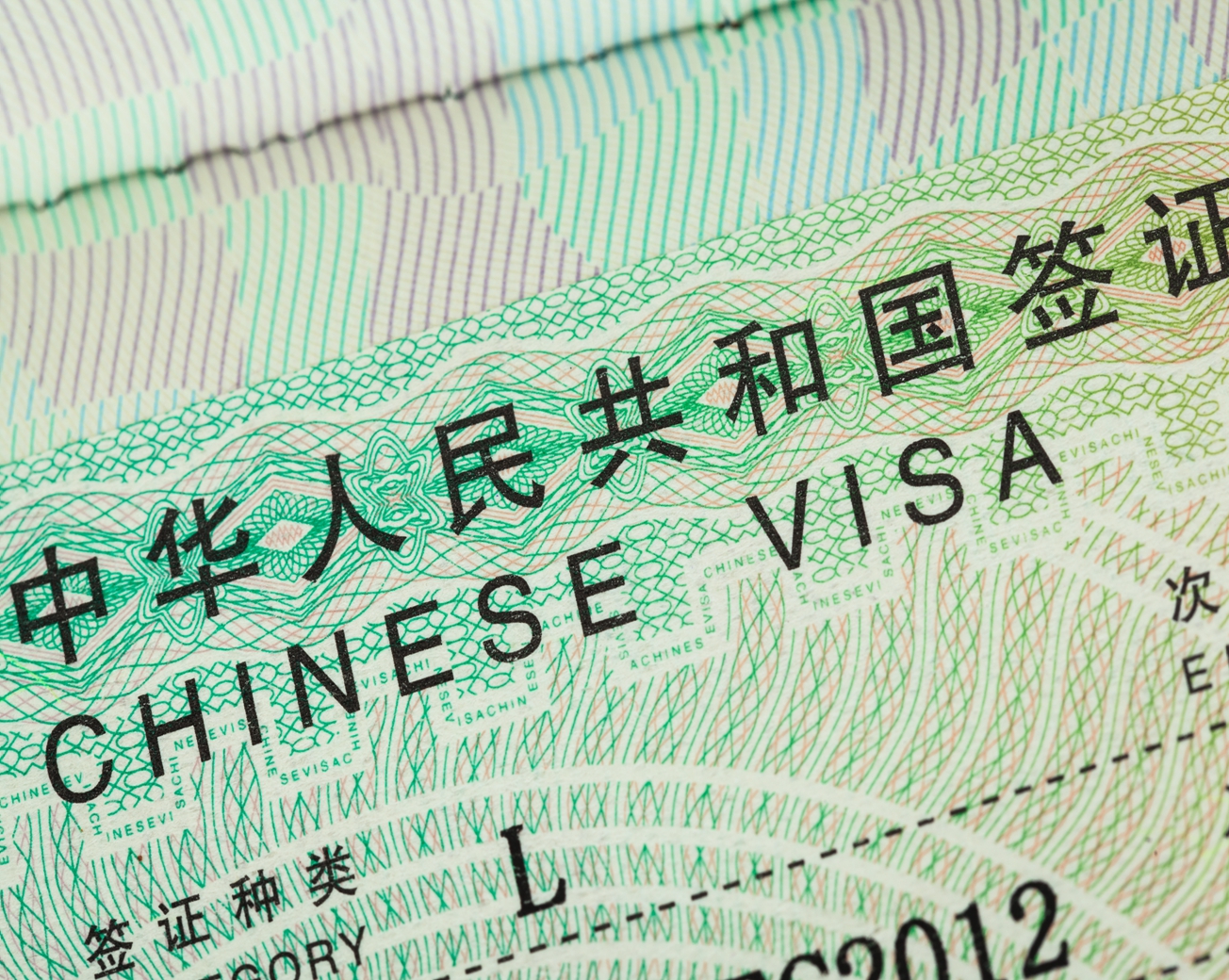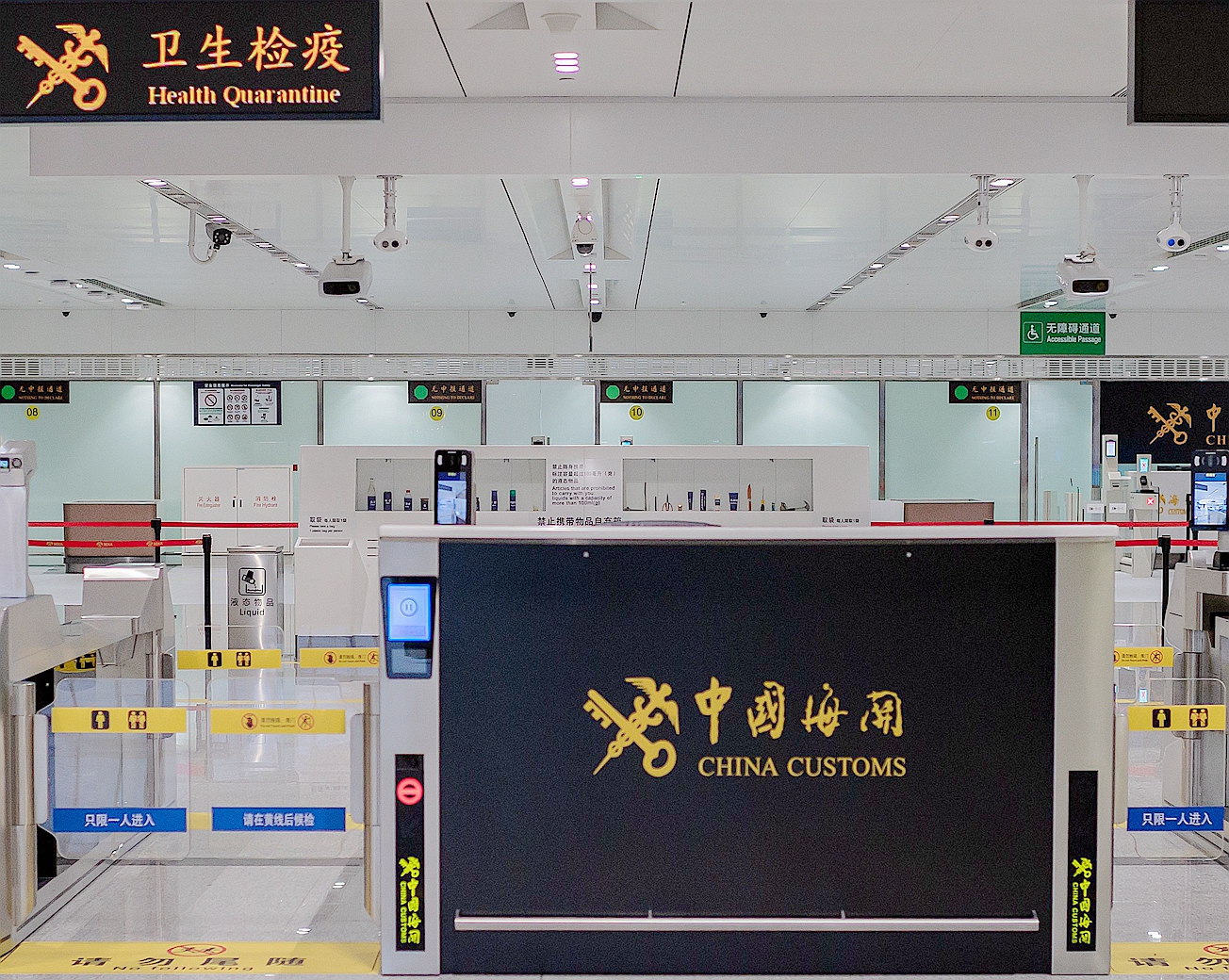1. What are the best destinations in China for senior travelers?
Considering the comfort and accessibility of travel for senior travelers, we will arrange destinations that are senior-friendly. For example, for senior travelers with limited mobility, our itinerary will avoid mountainous areas. In addition, we do not recommend seniors to travel to high altitude areas such as Qinghai and Tibet if they are not physically fit.
Here are some popular destinations in China that are friendly for senior travelers:
Historical and cultural cities: Beijing, Xi'an, Luoyang, Pingyao
Scenic cities: Guilin, Hangzhou, Suzhou, Dali, Lijiang
Developed cities: Shanghai, Chengdu, Hong Kong, Shenzhen
Seaside cities: Sanya, Xiamen
2. When is the best time for senior travelers to visit China?
March to November is the best time to visit China, except for the winter months (December to February). However, for senior travelers, the best time to visit China would be spring (second half of March to May) and autumn (September to the first half of November). This is because the weather is more comfortable at this time of year compared to the two extreme seasons of summer and winter.
3. I have mobility issue. Can I travel in a wheelchair?
Yes, there is no problem traveling in a wheelchair at most attractions in China. Most attractions in China have wheelchair ramps. The restrooms at many attractions are also wheelchair friendly. For those attractions difficult to walk for senior travelers with mobility issues, we avoid them when scheduling your tours.
4. Can I Request a wheelchair from the airport if I have mobility issue?
Yes, if you have mobility issues at the airport, you can request a wheelchair. Please inform us of your special requirements when you submit your travel inquiry and we will request special airport services when booking your domestic ticket. Passengers can normally request a wheelchair from the airline 48 hours before departure, but this may vary from airline to airline. And if you have mobility issues, we recommend that you travel with at least one family member with you.
5. Are western toilets available during my tour in China?
Yes. Although squat toilets are still more common in China, you can still find Western-style toilets in airports, hotels and most attractions. During your tour, your local guide will tell you the location and availability of toilets. The guide can also provide toilet paper if needed. Western-style toilets are generally not available at small attractions and local restaurants. However, you can also find Western-style toilets in some fine dining restaurants and large shopping centers.
6. Can I get a senior discount for travel to China?
Many attractions in China have discounted entrance fees, but only for Chinese senior travelers. As a professional senior tour operator, we offer very competitive prices on all our China tours for seniors.
7. Do I need to carry the medications or can I buy them in China? Could I bring my medications and medical devices if I have a chronic disease?
We recommend that you bring your common medications with you when traveling in China, as it is possible that you could not buy the same medications. Senior travelers with a history of chronic disease may bring their own medications. As for medical equipment, you could ask your personal travel consultant to see if you can bring it on domestic flights in China. And we strongly recommend that you buy the travel insurance before you leave so that you could be covered in case of any unforeseen events during your trip.
8. How long is suitable for a senior traveler to travel in China?
China tours for seniors should not be too tiring or too long. A relaxed and comfortable visit is the best for senior travelers. We recommend that you can travel to China for 1-2 weeks. Then you can visit most of the popular destinations in China without feeling exhausted.
9. Are there any activities on your itinerary that are particularly arduous and dangerous?
All our itineraries for senior travelers are customized to meet your individual needs. Your safety is always our top priority. When customizing your tour, our travel consultants will consider your age and physical condition to ensure that all activities and attractions you will visit are safe and appropriate. If you have any needs, you can always talk to us. We will do our best to give you a perfectly comfortable tour to China.
10. Are the meals included in your tour senior-friendly?
Yes, your meals are very senior-friendly. For seniors, low sugar, low salt, nutritious and digestible foods are more appropriate. On your China tour, breakfast is usually arranged at the hotel for a buffet breakfast. You are free to choose what you want to eat. For lunch or dinner, it is very flexible and can also be adjusted to suit your needs. Please let us know if you have any food preferences such as vegetarian, halal or if you have allergies to certain foods. We will arrange your meal according to your individual needs.
11. Are the hotels arranged in the tour friendly to senior travelers?
We usually arrange for you to stay in a 4 or 5-star hotel close to the city center. You can choose according to your needs. These hotels are clean and comfortable, with easy access to shopping and dining in the surrounding area. To ensure that our senior travelers can have a good rest during their tour to China, we carefully select these hotels with good value for money.
12. Do I need vaccinations to travel to China? If yes, what kinds of vaccinations do I need?
To ensure you travel safely and healthily, we will provide you with clean and safe hotels and restaurants. We also recommend some popular destinations that are free of any infectious diseases. Nevertheless, we recommend that you consult your doctor for professional advice at least 6 weeks prior to your vacation.
13. How long does the tour last per day?
Considering that senior travelers need a relaxing and comfortable tour, our tours are generally scheduled for 8-9 hours per day. This way, senior travelers have enough time to rest each day.
14. Is it easy for senior people to take a train trip in China?
It's not hard for senior travelers to travel by train in China. But the challenges senior travelers face when traveling by train are luggage and crowding. Some major train stations have VIP waiting rooms where visitors could get on the train earlier than passengers in regular waiting rooms. Then senior travelers could avoid crowding on board. Basically, all major train stations have porter services, and your guide will help you arrange this service if you need it. For senior travelers, we do not recommend too much train travel. One high-speed train experience during your China tour is great for you.
15. Is it safe to travel in China for seniors?
Yes, China is one of the safest countries. Seniors are very safe to travel in China. In addition, foreign tourists are welcomed by Chinese people.
16. Do I need to bring a lot of cash when I travel to China?
Senior people can afford to buy more expensive items than younger people. If you wear expensive jewelry and watches while traveling, it could make you a target for thieves. So, it's better not to wear expensive jewelry and watches when you travel. You can carry a small amount of cash and credit cards. Cash can be exchanged in advance in your country or at your hotel and nearby Chinese banks after arrival. Small amounts of cash can be kept in the wallet you will use most often during your trip. You can ask your guide for help if you need it.
17. Will our guide pick us up if we fly into China quite late/early?
Yes, your personal guide and driver will be waiting for you at the arrival hall. Whether you arrive early or late, they will always be waiting for you and then take you to your hotel.
18. Do we have free time to explore the cities we visit?
Yes, in addition to our scheduled itinerary, you will have free time to explore the cities. You can walk around the neighborhood, visit the parks, or go shopping. Besides, during your tour, you can experience the vibrant nightlife of each city in the evening. For your convenience, your guide will also help you write down the addresses of the places you want to visit in English and Chinese.
19. What is the best transportation you recommend for self-exploration?
There are shopping centers and restaurants near your hotel, so it is within walking distance. If you want to go further, the best and most comfortable way to get around is by taxi. In China, you only need to wave your hand to hail a cab. All legal taxis in China use taximeters. You will know how much you should pay by looking at the taximeter. Chinese taxi drivers do not speak much English, so you can ask your guide to write down the Chinese names of the destinations you want to visit.




